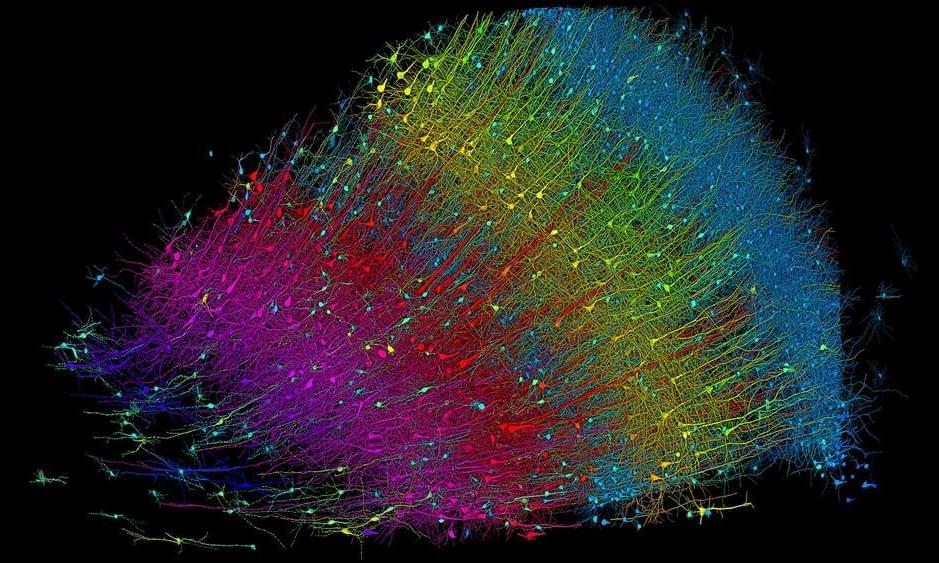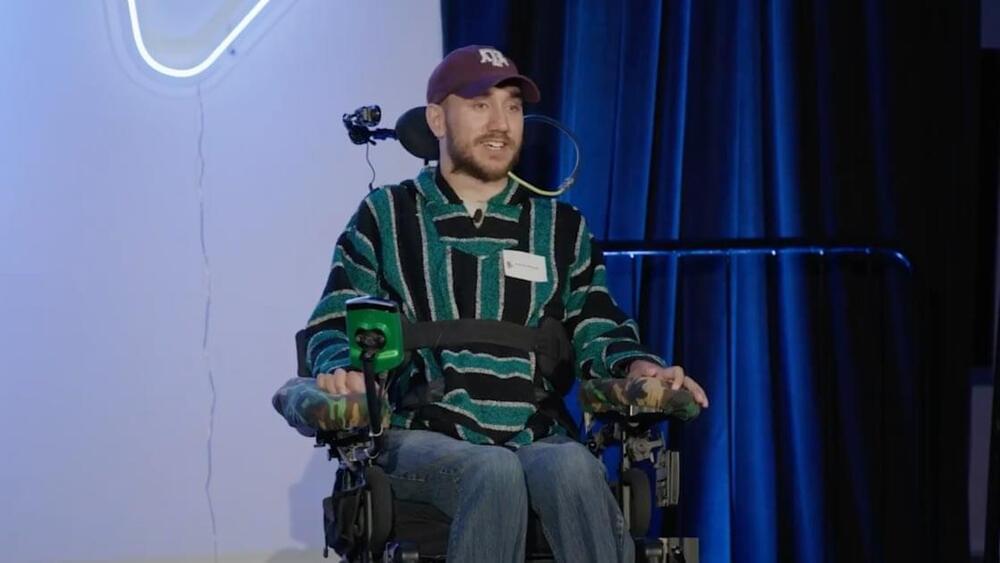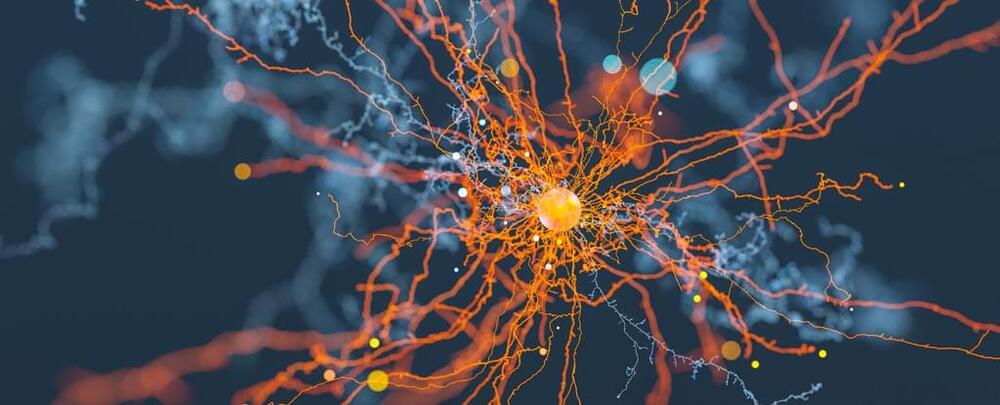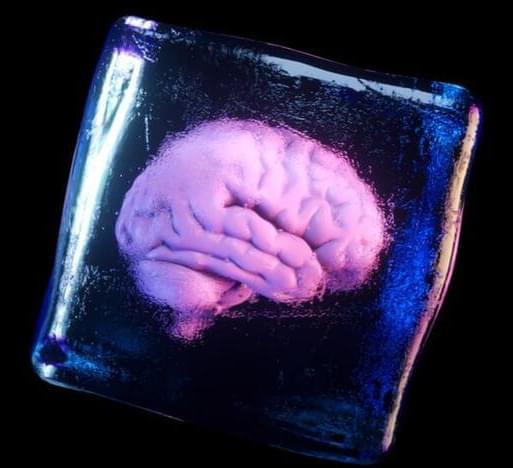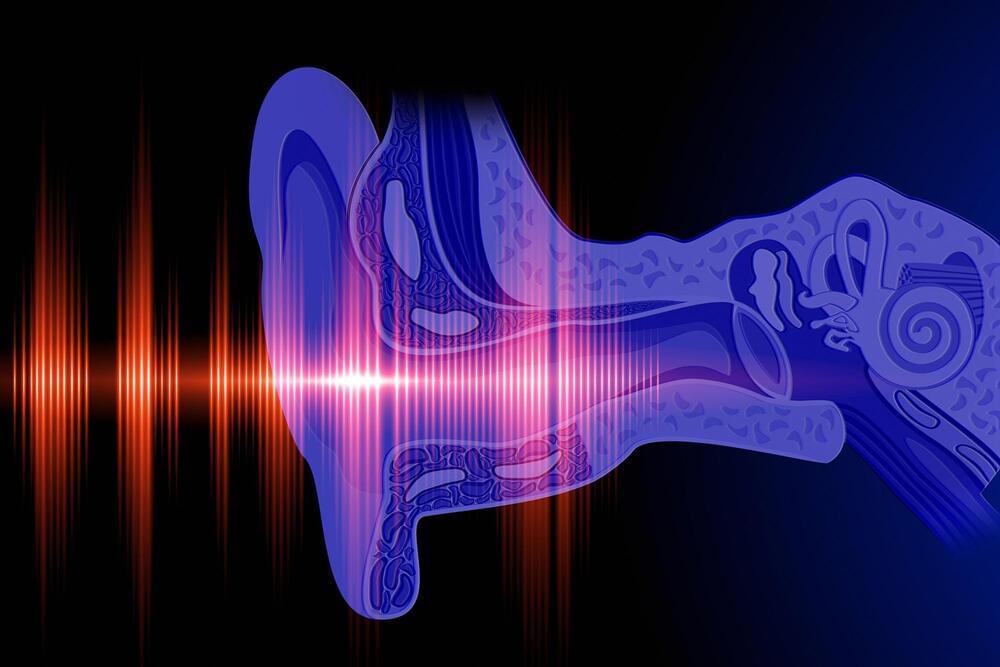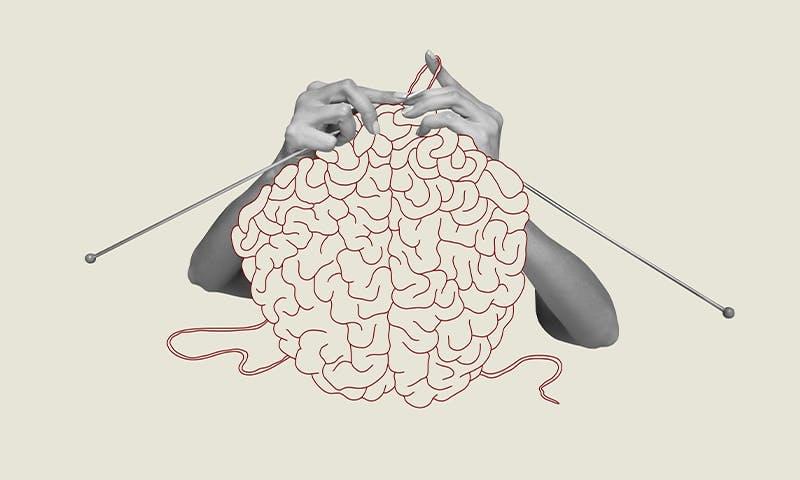Archive for the ‘neuroscience’ category: Page 114
May 9, 2024
Kids Shape Their Development to Match Genetic Tendencies
Posted by Genevieve Klien in categories: genetics, neuroscience
Summary: Preschool children actively influence their own development to align with their genetic dispositions. By examining how toddlers interact with their environment, including activities like reading and puzzles, researchers found that children’s preferences impact how they engage in cognitive stimulation at home.
This active involvement helps shape their brain development alongside environmental factors. The findings emphasize the dynamic interplay between genetics and environment in early childhood, challenging the traditional views of passive developmental processes.
May 9, 2024
Neuralink’s First Brain Implant Patient Now Beats Friends in Video Games
Posted by Shailesh Prasad in categories: biotech/medical, computing, Elon Musk, neuroscience
Neuralink’s first human patient has become so adept at using the company’s brain implant that he can now beat other players at video games.
On Wednesday, Elon Musk’s company provided a progress update on Noland Arbaugh, who received a brain implant in January that lets him remotely control the cursor on a laptop.
In March, Neuralink revealed that Arbaugh was using the implant to play games including Chess, Civilization VI, and Mario Kart. In Wednesday’s update, the company reported that Arbaugh’s use of the implant has only improved over time.
May 9, 2024
Two Astrophysicists Debate Free Will
Posted by Dan Breeden in categories: neuroscience, physics

Does free will exist? Neil deGrasse Tyson and Chuck Nice sit down with astrophysicist Charles Liu sit down to discuss the existence of free will and whether physics allows for choice in our lives.
We explore cause and effect: how does uncertainty and chaos in the universe factor into free will? How important is the illusion of free will to society? What does a society that acknowledges a lack of free will look like?
May 9, 2024
Quantum computers are revealing an unexpected new theory of reality
Posted by Dan Breeden in categories: computing, neuroscience, quantum physics
A powerful new idea about how the laws of physics work could bring breakthroughs on everything from quantum gravity to consciousness, says researcher Chiara Marletto
May 9, 2024
Scientists Think They’ve Found Our ‘Neural Compass’ That Stops Us Getting Lost
Posted by Genevieve Klien in categories: mapping, neuroscience
To keep our bodies properly oriented, our brains perform impressive feats of calculation that track our stumbling meat sack through a mental map of our surrounds.
While a lot of research has focussed on the mapping, little has managed to determine how our neurological wiring monitors our direction within it.
A team of researchers from the University of Birmingham in the UK and the Ludwig Maximilian University of Munich in Germany has identified signature brain activity that describes a kind of ‘neural compass’ in the hope of understanding how we find our way through the world.
May 9, 2024
How a Controversial Cryonics Procedure Could Finally Make Immortality Possible
Posted by Shailesh Prasad in categories: biotech/medical, cryonics, life extension, neuroscience
Futurists, including some medical doctors, are signing up to be decapitated—and then have their brains frozen. But without a body, what will their minds become?
May 9, 2024
Researchers Identify Potential Target for Treating Inner-Ear Bone Erosion
Posted by Saúl Morales Rodriguéz in categories: biotech/medical, neuroscience
Researchers show that the possible cause of local bone erosion in cholesteatomas are fibroblasts from the bone that express a protein called activin A.
Chronic inflammation of the middle ear can cause several problems and complications that can affect a person’s hearing and balance. One such problem is the formation of a cholesteatoma, which is an abnormal collection of cells in the ear that can cause bone erosion if left untreated. In turn, this can cause symptoms such as hearing loss, dizziness, facial paralysis, and even a brain infection.
In a study published in the journal Nature Communications, researchers from Osaka University have revealed the cause of cholesteatomas, which may help in developing new therapies for patients who are suffering from this disease.
